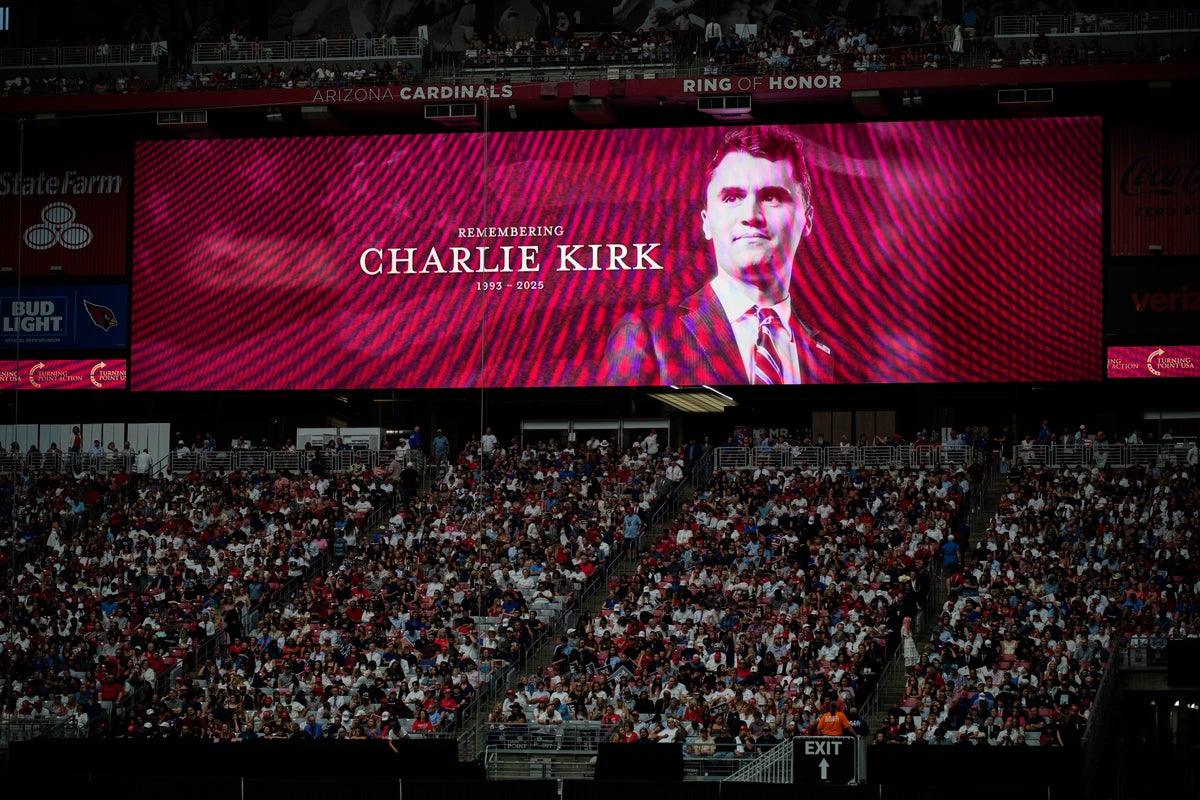
A new poll from YouGov has found that 20 percent of 18- to 29-year-olds, commonly known as Generation Z, think that political violence is sometimes justified.
Respondents were surveyed on September 11, a day after right-wing commentator Charlie Kirk was shot and killed at Utah Valley University. A total of 2643 US adults were interviewed as part of the study.
The findings mean that members of Gen Z are more in favor of political violence than any other group.
Millennials were the second-largest group, with 14 percent of people aged 30-49 stating it could sometimes be justified.
Meanwhile, just 8 percent of 45-64-year-olds and 3 percent of people aged over 65 said that political violence was sometimes acceptable.
Lucas Walsh, professor of youth politics at Monash University, told Newsweek that Generation Z’s more aggressive view on politics has its roots in a darkening political climate.
He says American teenagers and young adults have grown up in the shadow of the “climate crisis, cost-of-living pressures, geopolitical conflict, and the divisive platforms of social media.”
In the wake of Charlie Kirk’s death, Utah Governor Spencer Cox has also said that social media has played a “direct role” in fuelling violence in the US.
“I believe that social media has played a direct role in every single assassination and assassination attempt that we have seen over the last five, six years,” he told NBC News’ Meet The Press.
Over the last year, the U.S. has seen a spike in political violence, including two assassination attempts against Donald Trump during the 2024 Presidential Campaign.
The first attempt, in Butler, Pennsylvania, saw the Republican being shot in the ear before he chanted “fight, fight, fight.” A picture of Trump being removed from the stage with his fist in the air quickly went viral on social media.
Months later, Brian Thompson, the CEO of UnitedHealthcare, was shot and killed in December 2024.
Luigi Mangione was arrested following the killing, with investigators finding him in possession of a manifesto which described insurers as “parasites” and that the problem needed “brutal honesty”. Mangione denies being involved in the shooting.
In the weeks following Charlie Kirk’s assassination, the Trump administration was quick to blame the “radical left” and left-wing rhetoric for the increase in political violence.
His vice president, JD Vance, also blamed “left-wing extremism”.
However, Democrats have pointed to the president’s own rhetoric, including Trump’s claim that he “feels” hate for his enemies while speaking at Kirk’s memorial.
“Let’s take a hard look at where this violence is really coming from.
“Seventy-six percent of extremist killings are committed by far-right extremists, and four percent by far-left extremists.
“I condemn that four percent, but as a country we must be honest about the true source of this violence,” Seth Moulton, a Democratic Congressman, told CNN.
